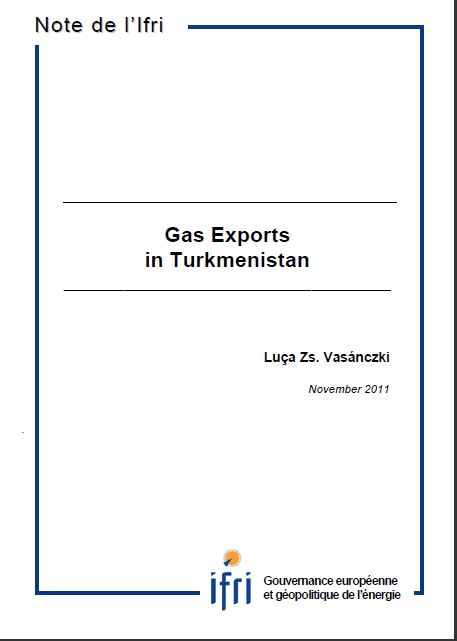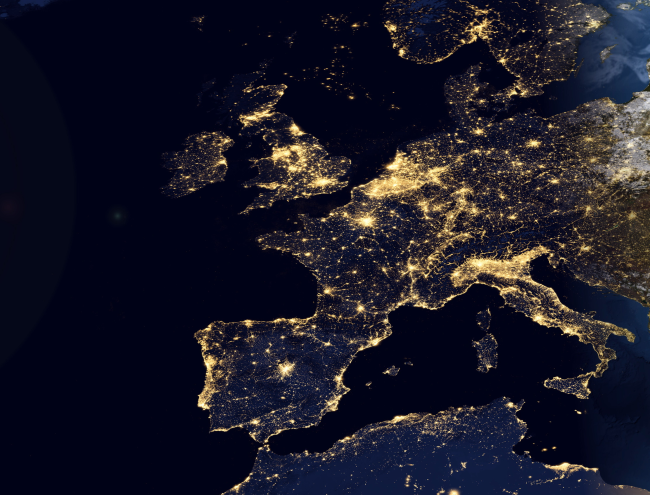
The Caspian region has been at the center of attention since Europe began seeking alternative routes to natural-gas resources. Turkmenistan has the potential to become an important gas exporter to Europe.
As a landlocked country, Turkmenistan until recently has relied on post-Soviet pipeline infrastructures. The Central Asian republic has been at the mercy of Moscow’s energy policy, which overlaps its foreign policy.
At the same time, the revenue from gas exports is an essential part of the Turkmen national budget. This prompted Ashgabat to look for energy partners bypassing Russian territories. It started to convey natural gas first to Iran and then to China. This gave Turkmenistan strong leverage vis-à-vis Moscow.
Ashgabat has not decided to export every gas molecule eastward, but, in jeopardizing its relations with Moscow, it expects more than empty pledges from Europe.
On the other hand, a simple question emerges: Does Europe really need alternative sources? The answer is in the hands of Gazprom and Russian policymakers.

Available in:
Regions and themes
ISBN / ISSN
Share
Download the full analysis
This page contains only a summary of our work. If you would like to have access to all the information from our research on the subject, you can download the full version in PDF format.
Gas Exports in Turkmenistan
Related centers and programs
Discover our other research centers and programsFind out more
Discover all our analysesBrazil One Year Away from the October 2026 General Elections
Brazil’s general elections will be held on October 4, 2026, to elect the president, vice-president, members of the National Congress, governors, deputy governors and state legislative assemblies. For the presidential and gubernatorial elections, a second round will be held on October 25 if no candidate obtains a majority of the votes in the first round.
COP30: An Inflection Point for Climate Action and Governance
The 30th Conference of the Parties (COP30), opening in Belém, Brazil, on November 10th 2025, convenes at a perilous moment.
The Strategic Dimension of Skills in the Clean Industrial Deal
In the competitiveness and energy transition battles, the European Union (EU) must master a determinant factor: skills.
The Energy Transition Faces Geopolitical Challenges. How Can Ideological Divides Be Overcome?
President Trump’s positions and policies, combined with record coal consumption and booming global electricity demand, geo-economic confrontation, and widespread concerns about energy security, are changing the game when it comes to understanding realistic decarbonization trajectories. The war in Europe is intensifying competition between defense and transition budgets. This is also the case elsewhere in the world.









